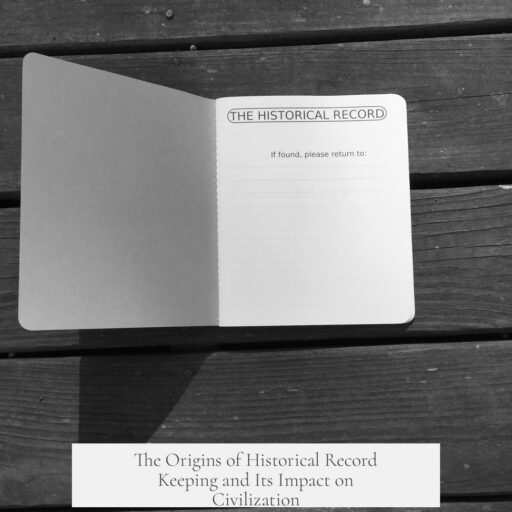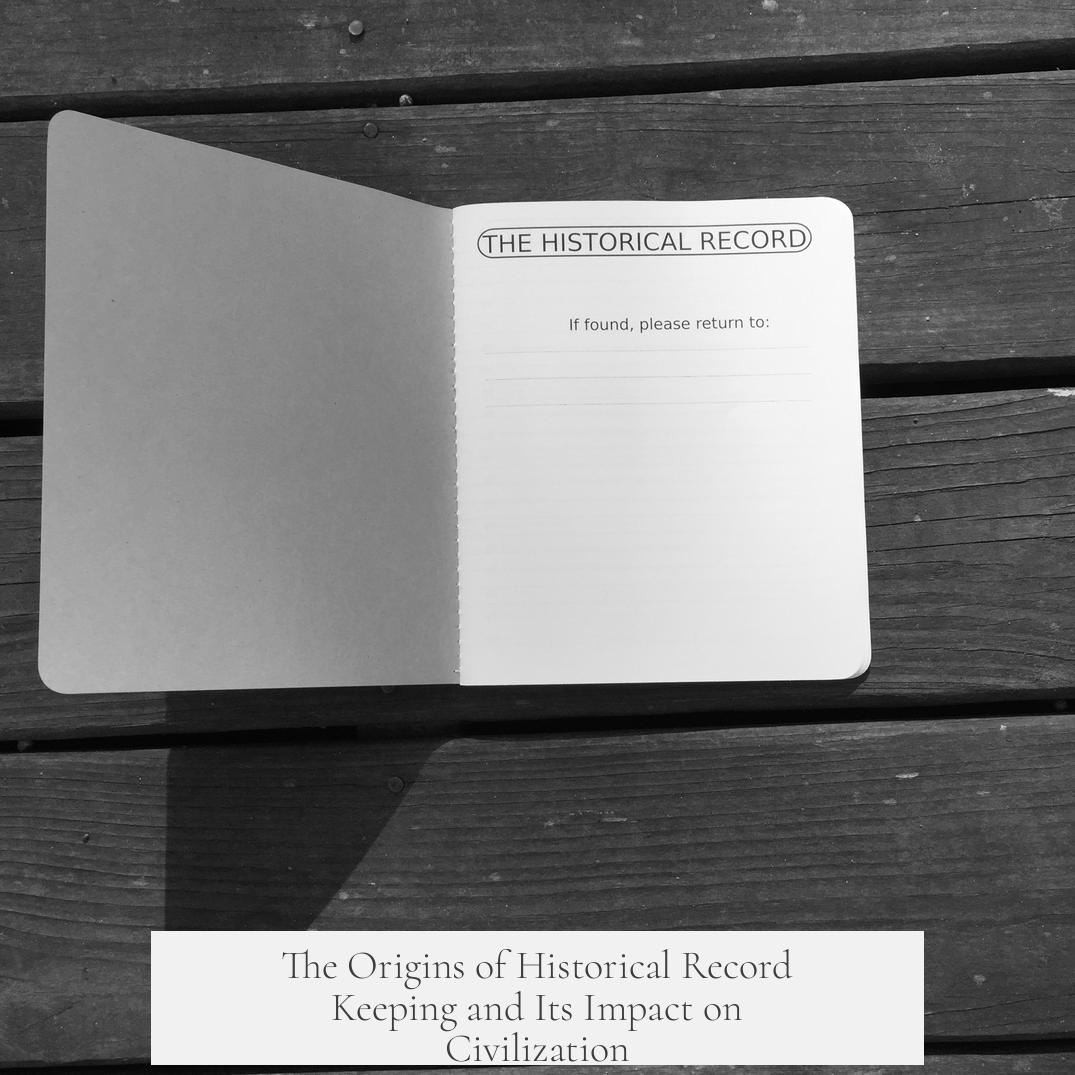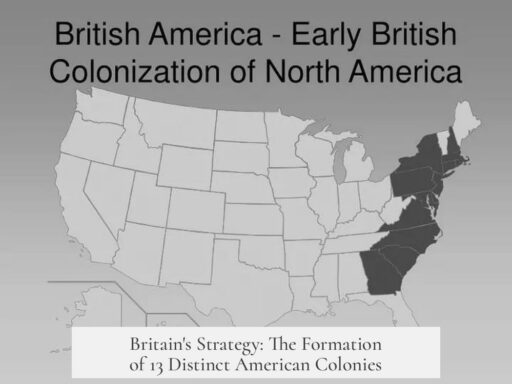We start keeping track of history around 3400 BCE with the invention of written records in Sumer, southern Mesopotamia. This period marks the beginning of documented history, as writing allowed humans to record events, transactions, and cultural details.
Before written records, people relied on oral traditions to pass down knowledge. These oral histories were prone to alterations over time. Writing introduced a new method to preserve information exactly and systematically.
The earliest known writings come from Sumer, in the area of modern-day Iraq. Scholars consider this region the cradle of writing. The writing system developed here, called cuneiform, consisted of wedge-shaped marks on clay tablets.
Cuneiform started as a way to track economic transactions but soon expanded to cover laws, stories, and historical events. This shift allowed historians to study past societies with greater accuracy and detail.
Tracking history through writing enables a clearer timeline of human progress. The emergence of writing in 3400 BCE is widely accepted as the point where history transitions from prehistory to recorded history.
This knowledge helps historians understand ancient civilizations, their governance, culture, and conflicts in a concrete manner rather than relying solely on artifacts or oral accounts.
- History tracking begins with writing around 3400 BCE.
- Sumer in southern Mesopotamia is the birthplace of writing.
- Written records provide reliable documentation of events.
- Before writing, history depended on mutable oral traditions.
- Cuneiform was the first writing system used for recording history.
When Did We Start Keeping Track of History?
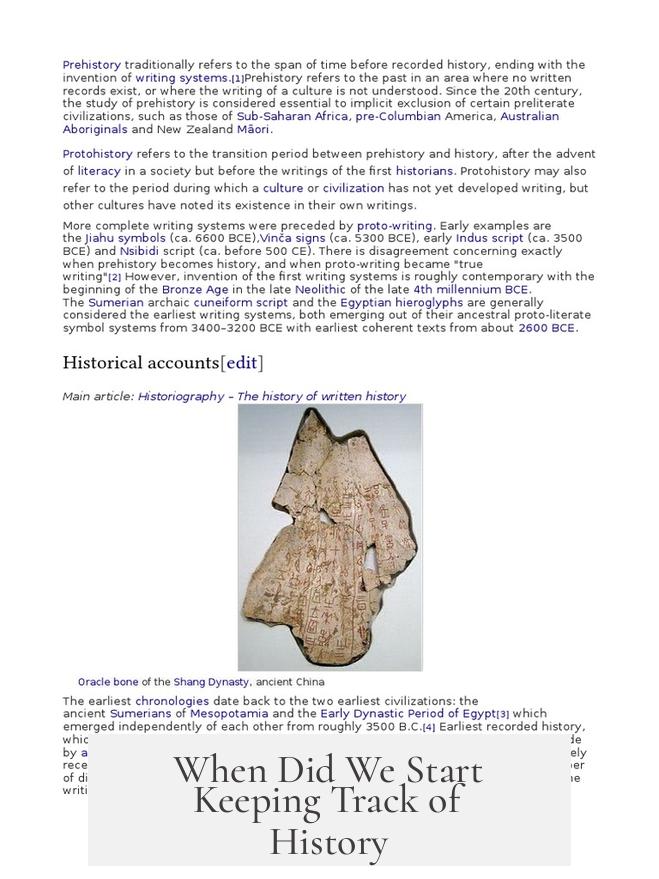
We start keeping track of history with the invention of writing around 3400 BCE. This marks the pivotal moment when humans moved from passing stories by word of mouth to recording events on tangible mediums. But that’s just the headline! Let’s embark on a brief journey exploring how civilizations began to record the past and how the study of history evolved.
Human beings have always been curious about their origins and their place in the world. So, it’s no surprise that pretty much all civilizations have tried to record their past in some way or another. From carved stone tablets to delicate papyrus rolls, recording history was a natural step for humans to understand themselves better.
A Tale of Civilization and Early Records
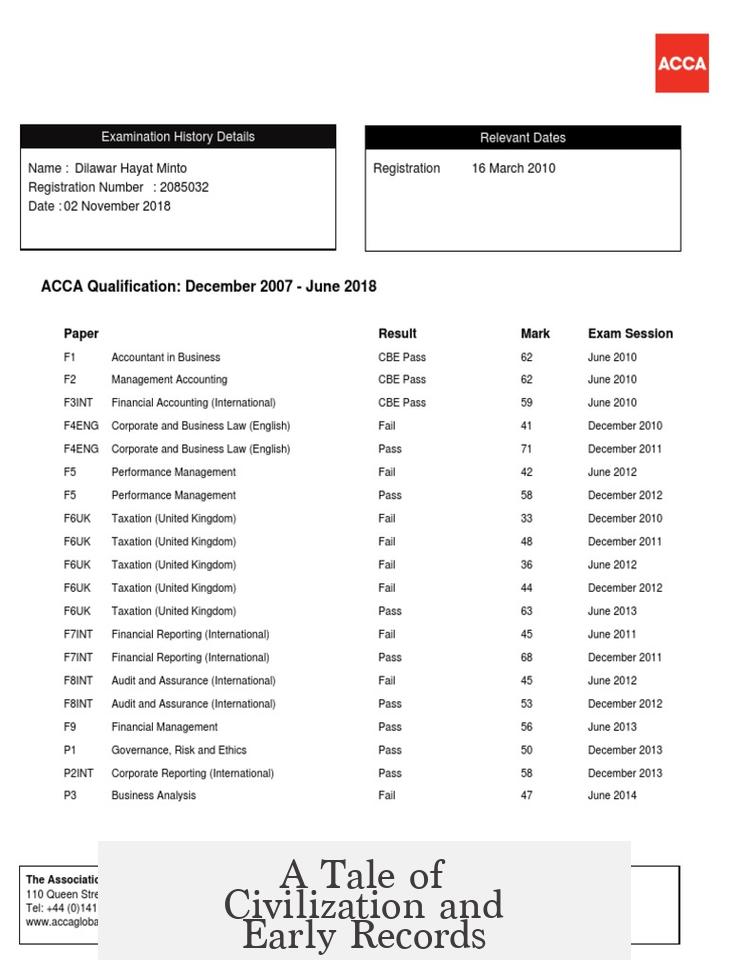
Before the days of Wikipedia and digital archives, early civilizations embarked on a mission to document events, trades, and traditions. These records, while not always perfectly accurate or complete, often provided close glimpses into what we now call historiography. Ancient Sumerians in southern Mesopotamia (modern-day Iraq) were the pioneers here. Around 3400 BCE, they created the first known written records.
Why did they begin writing in the first place? Not due to a sudden urge to create biographies or timelines but for practical reasons: to keep track of food rations.
“Writing began with picture words called pictographs, etched on clay tablets using a pointed tool or stylus.”
This practical need represents the foundation of historical record-keeping. Over time, pictographs evolved into more complex scripts, giving rise to alphabets and more detailed chronicles.
The Stone Age and Prehistory: When History Wasn’t Written
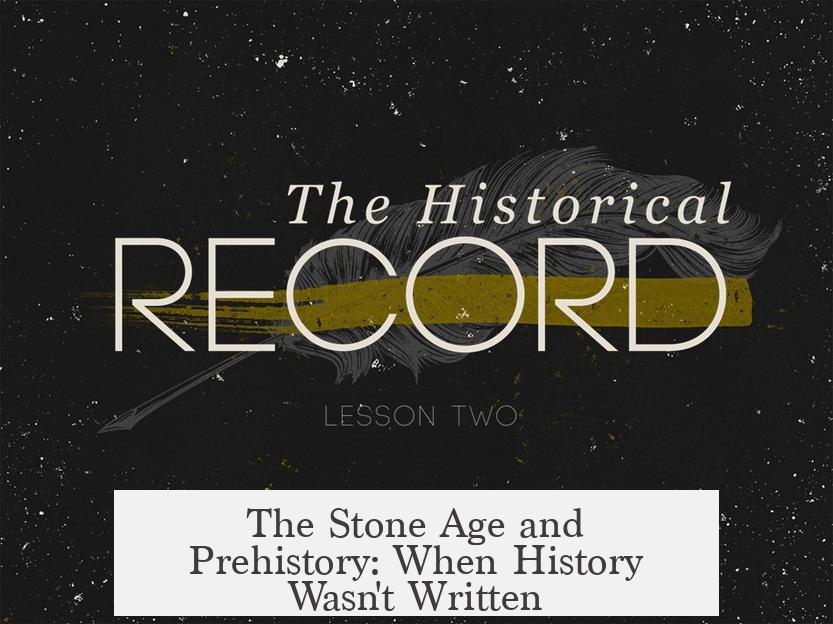
What about the time before writing flooded the records? This vast expanse, called Prehistory, refers to everything that humans experienced before they invented writing. When you think of prehistory, most imagine the Stone Age—divided into Paleolithic, Mesolithic, and Neolithic periods. These periods are marked by early tool use, but no written words.
The term “history” itself has roots in the ancient Greek word ἱστορία (historia), meaning “inquiry” or “knowledge gained by investigation.” It’s fascinating that this same word gave English the words “history” and “story,” linking factual past and narrative closely together.
Not One but Four: The Independent Origins of Writing
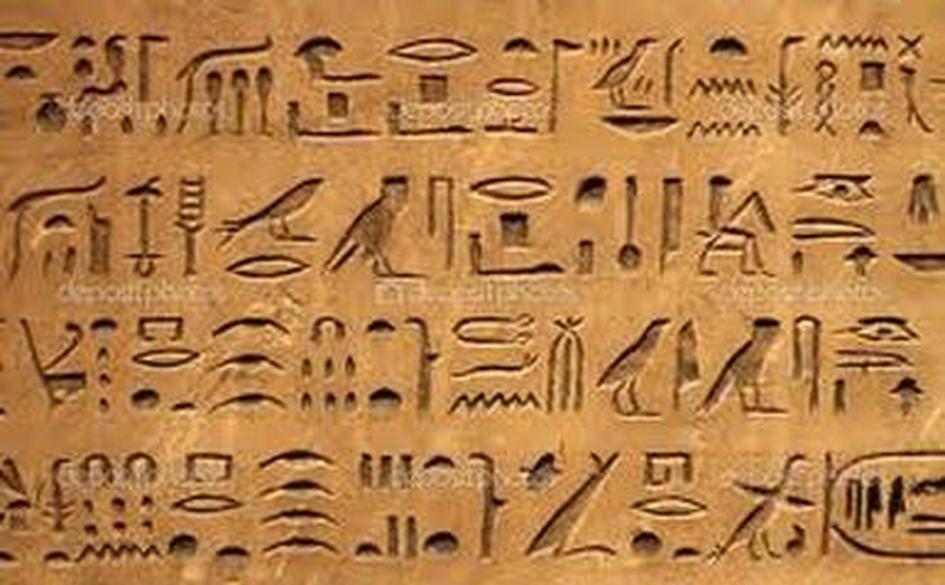
History didn’t begin just once or in one place. Scholars believe that writing developed independently in four major centers:
- Mesopotamia (southern Iraq), the original birthplace of writing.
- Ancient Egypt, not long after Mesopotamia, with hieroglyphics intricately describing their world and beliefs.
- China, around 1200 BCE, bringing its own sophisticated scripts and historical records.
- Mesoamerica, home to civilizations like the Maya, who devised rich glyph systems.
Each culture’s writing system had unique features but shared a common goal: recording the world around them.
When History Became a Study
While keeping records and telling stories date back thousands of years, what we often think of as “history”—the systematic study and analysis of the past—only truly emerged during the 18th and 19th centuries in the West. This modern approach seeks to understand not just what happened but why it happened and how events influence one another.
Think of it as upgrading from collecting dusty old scrolls in a dark attic to stepping into a well-organized library where every book has an index and bibliography. Academic historians began analyzing sources critically and looking for deeper mechanisms that move history forward.
Why Does Knowing When History Began Matter?
You might wonder, “Why should I care when we started keeping track of history?” Great question! Knowing this helps you appreciate how human knowledge has built layer upon layer over millennia. It grounds you in a timeline of human ingenuity—from cave paintings and pictographs to digital data archives.
Besides, it’s a reminder that history isn’t just about kings and wars. It’s a story of how people solved problems—like managing food resources—or how societies evolved technologies such as writing. Every record is a piece of human puzzle helping us understand who we are.
Actionable Tips for the History Enthusiast
- Explore ancient myths and legends. These stories often preserve cultural memories dating back before writing started.
- Visit museums or archaeological sites. Seeing artifacts up close highlights how humans sought to preserve knowledge.
- Read up on different writing systems, from Sumerian cuneiform to Egyptian hieroglyphics and Chinese characters.
- Reflect on how history shapes identity—yours, your community’s, and the global one.
After all, history is not just about dusty dates; it’s a lively dialogue between the past and present.
Final Thoughts: The Story Never Ends
So, when did we start keeping track of history? It began the moment humans turned to writing, approximately 5,400 years ago, sparked by simple needs like inventorying food. Over time, this rudimentary record-keeping blossomed into vast archives, libraries, and today’s complex study of the past.
In essence, history began when humans decided to leave words behind for future generations. This monumental choice means we are all threads in an ongoing human story—each event, big or small, recorded and analyzed in the grand tapestry of time.
What will future civilizations say about us? Are we recording our own history thoughtfully or just randomly clicking on Instagram posts? Food for thought—write your own part of history carefully.
